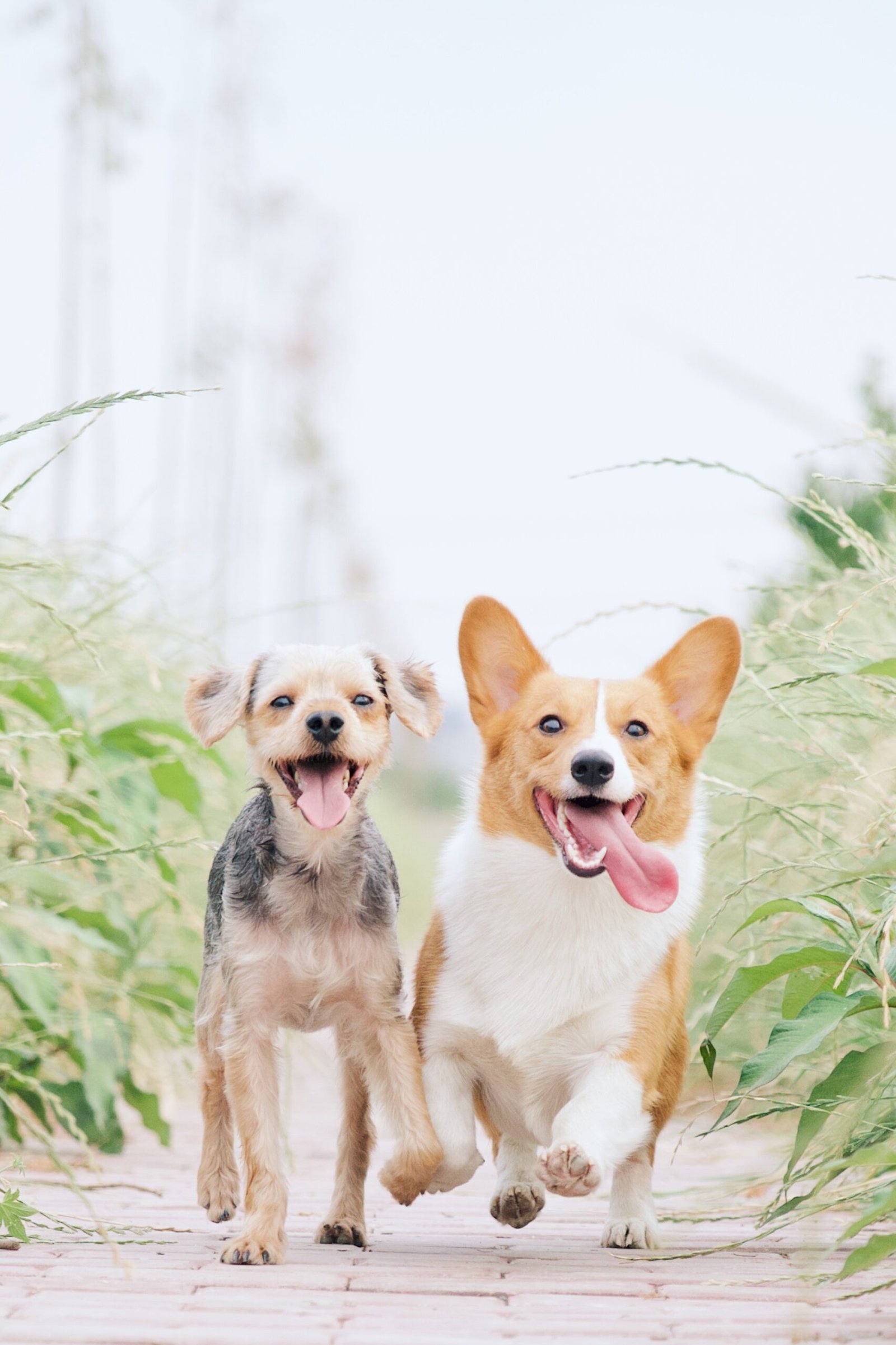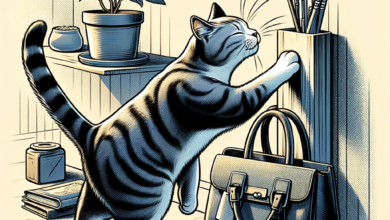What Does It Mean When My Dog Has Green Stuff in the Corner of Their Eyes?
As a dog owner, it’s natural to be concerned when you notice any unusual symptoms or behaviors in your furry friend. One common issue that dog owners may encounter is the presence of green stuff in the corner of their dog’s eyes. In this article, we will explore what this could mean for your dog’s health and how you can address it.
What Causes the Green Stuff in Your Dog’s Eyes?
The green stuff in the corner of your dog’s eyes is most likely discharge or mucus. This discharge can vary in color, consistency, and odor, depending on the underlying cause. Some possible causes include:
- Conjunctivitis: Also known as pink eye, conjunctivitis is a common eye infection in dogs that can cause green or yellow discharge.
- Eye Infections: Bacterial or viral infections can lead to the production of green discharge.
- Allergies: Dogs can develop allergies to various environmental factors, such as pollen or dust, which may result in eye irritation and discharge.
- Foreign Objects: If your dog has something lodged in their eye, it can cause irritation and the production of green discharge.
- Tear Duct Issues: Problems with the tear ducts can lead to an accumulation of mucus and discharge in the eyes.
When Should You Be Concerned?
While the presence of green discharge in your dog’s eyes is often a sign of an underlying issue, it doesn’t always indicate a serious problem. However, there are certain signs that should prompt you to seek veterinary attention:
- If the discharge is accompanied by redness, swelling, or pain.
- If your dog is constantly pawing at their eyes or rubbing their face on the ground.
- If your dog’s eyes appear cloudy or their vision seems impaired.
- If the discharge has a foul smell.
- If the green discharge persists for more than a day or two.
It’s important to remember that only a veterinarian can accurately diagnose the cause of the green discharge and provide appropriate treatment.
How Can You Help Your Dog?
While you should always consult a veterinarian for a proper diagnosis and treatment plan, there are a few things you can do to help your dog in the meantime:
- Keep the Eye Area Clean: Gently wipe away the discharge using a clean, damp cloth. Be careful not to touch the eyeball itself.
- Apply Warm Compresses: Soak a clean cloth in warm water and gently place it over your dog’s closed eye for a few minutes. This can help soothe any irritation.
- Avoid Irritants: If you suspect that your dog’s eye discharge is due to allergies, try to minimize their exposure to potential irritants, such as pollen or dust.
- Prevent Scratching: To prevent your dog from further irritating their eyes, consider using an Elizabethan collar or a soft cone to prevent them from scratching or rubbing their face.
Remember, these are temporary measures and should not replace professional veterinary care. It’s essential to address the underlying cause of the green discharge to ensure your dog’s eye health.
Preventing Eye Issues in Dogs
While not all eye issues can be prevented, there are steps you can take to minimize the risk:
- Regular Eye Examinations: Schedule regular check-ups with your veterinarian to detect any potential eye problems early.
- Keep the Eye Area Clean: Regularly clean your dog’s eyes with a damp cloth to remove any debris or discharge.
- Protect from Irritants: When walking your dog in areas with high pollen or dust, consider using doggy goggles or wiping their eyes with a damp cloth afterward.
- Healthy Diet: Provide your dog with a balanced diet that includes essential nutrients for eye health, such as omega-3 fatty acids.
By following these preventive measures and seeking prompt veterinary care when needed, you can help maintain your dog’s eye health and overall well-being.
Remember, if you notice any concerning symptoms or changes in your dog’s eyes, it’s always best to consult your veterinarian for a proper diagnosis and treatment.
Disclaimer: The information in this article is not intended to replace professional veterinary advice. If you have any concerns about your dog’s health, please consult a qualified veterinarian.




